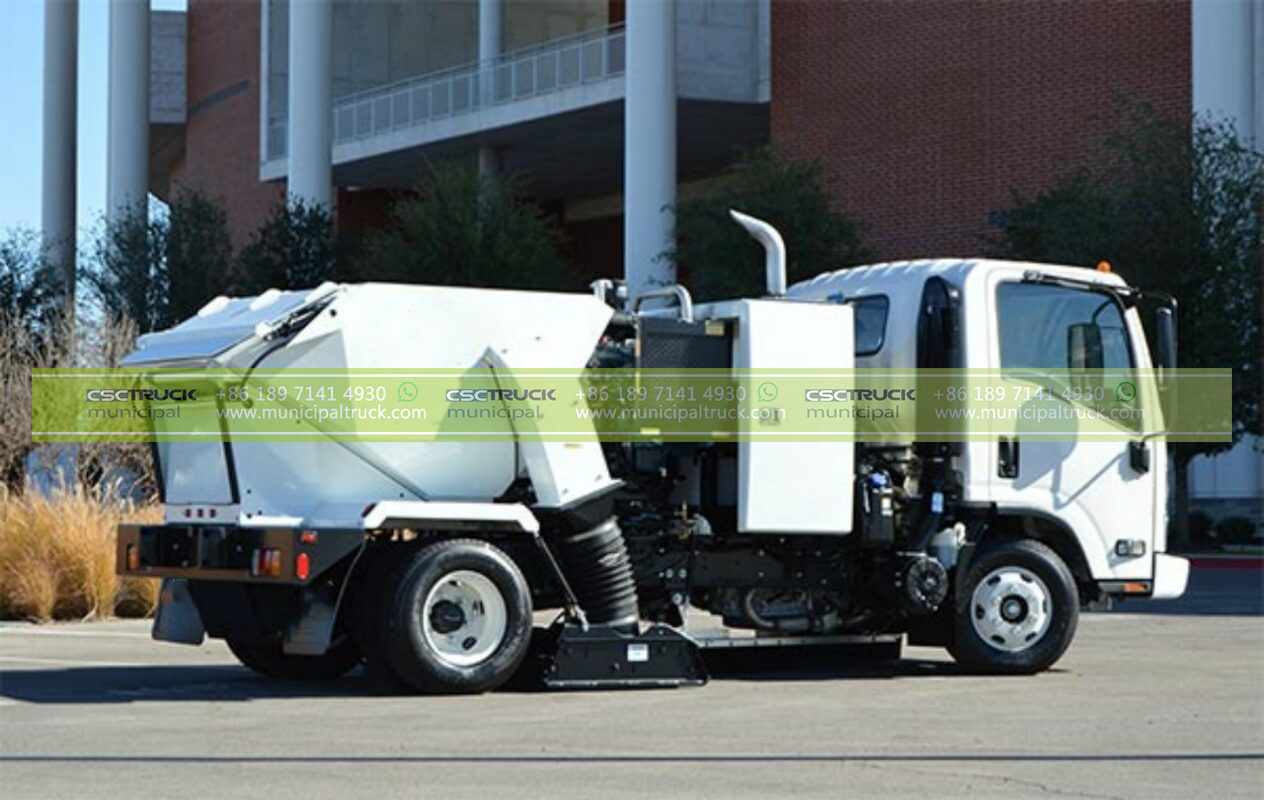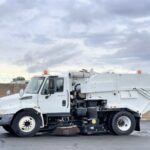In the ever-evolving world of technology and innovation, even the most mundane aspects of our daily lives are being transformed. One such area that is witnessing significant advancements in the field of sweeper trucks. These essential vehicles play a crucial role in maintaining clean and sanitary streets, parking lots, and public spaces. As we look ahead to the future, several exciting trends and predictions emerge, showcasing a promising landscape for sweeper trucks.
- Electric Revolution: The growing concern for environmental sustainability and the shift towards cleaner energy sources have paved the way for electric sweeper trucks. Electric vehicles (EVs) have gained tremendous popularity in recent years due to their reduced carbon emissions and lower operating costs. Sweeper trucks are no exception to this trend. Electric sweepers offer quiet operation, zero emissions, and energy efficiency, making them an attractive choice for municipalities and private cleaning companies. With advances in battery technology and the expansion of charging infrastructure, we can expect to see a significant increase in the adoption of electric sweeper trucks in the coming years.
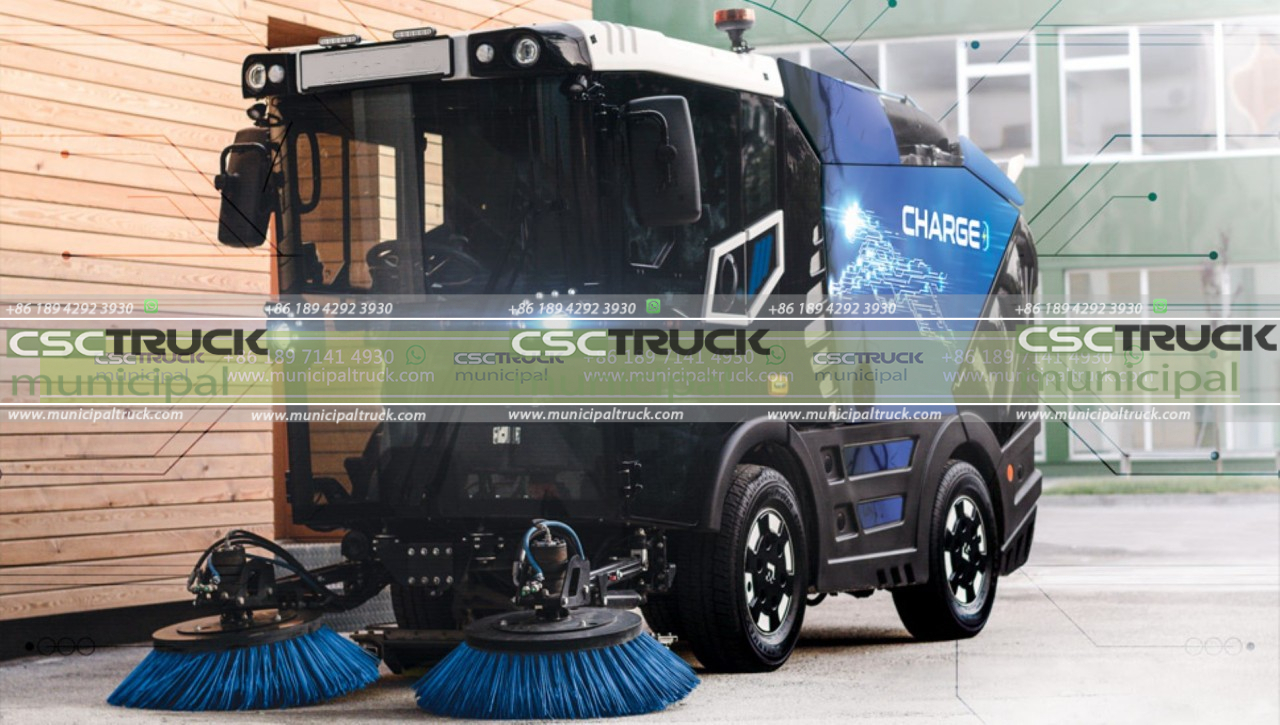
- Autonomous Capabilities: Autonomous technology has been making headlines across various industries, and sweeper trucks are no different. The integration of artificial intelligence and advanced sensors enables sweeper trucks to navigate and clean streets autonomously. These smart machines can detect debris, optimize cleaning routes, and avoid obstacles without human intervention. The use of autonomous sweeper trucks not only increases operational efficiency but also enhances worker safety by reducing their exposure to hazardous environments. As the technology continues to mature, we can anticipate a surge in the deployment of autonomous sweeper trucks, transforming the cleaning industry.
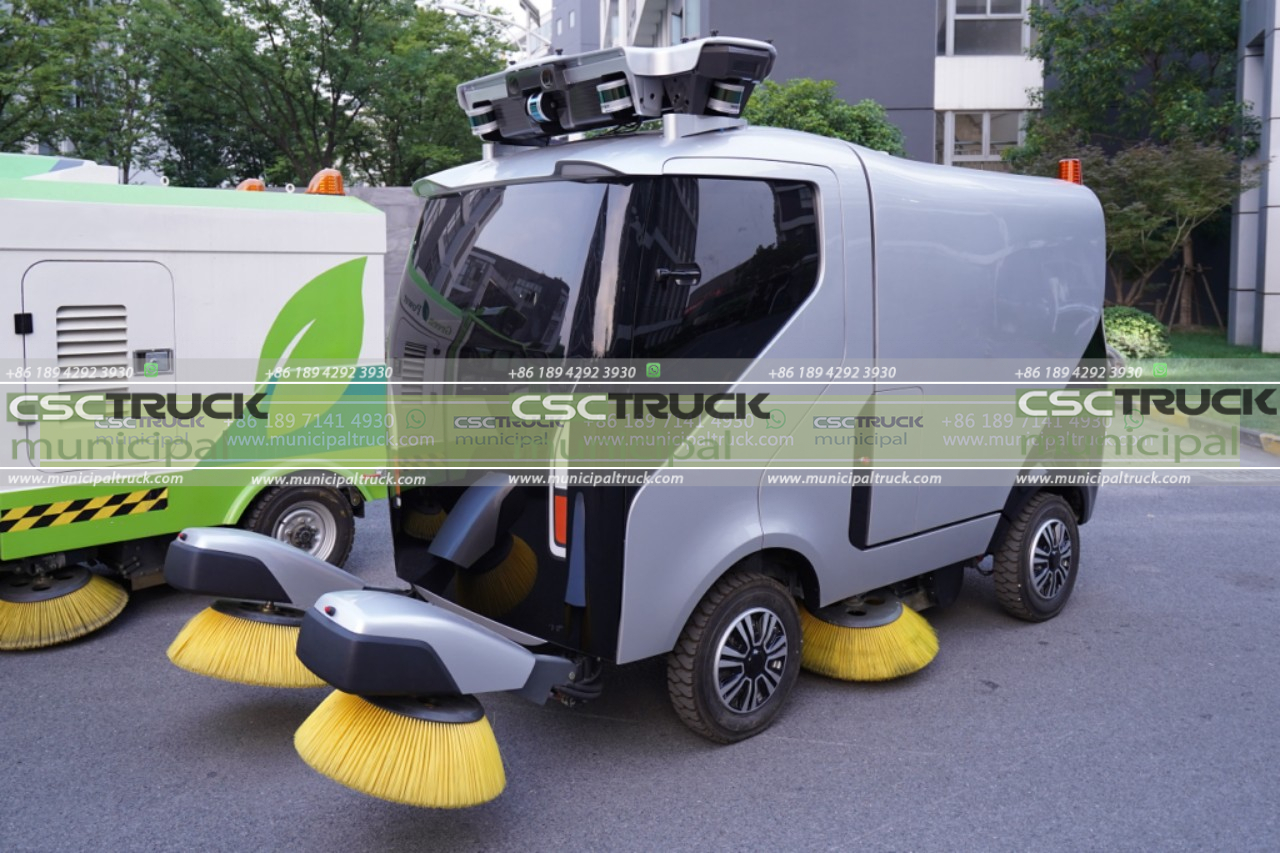
- Data-Driven Efficiency: Data analytics and predictive maintenance are reshaping the way sweeper trucks operate. With the help of sensors and IoT (Internet of Things) connectivity, these vehicles can collect real-time data on cleaning patterns, operational performance, and equipment health. This wealth of information allows for proactive maintenance scheduling, optimized cleaning routes, and efficient resource allocation. By harnessing the power of data, sweeper truck operators can reduce downtime, improve productivity, and deliver higher-quality cleaning services. As the industry embraces data-driven decision-making, sweeper trucks will become more intelligent and effective in their operations.
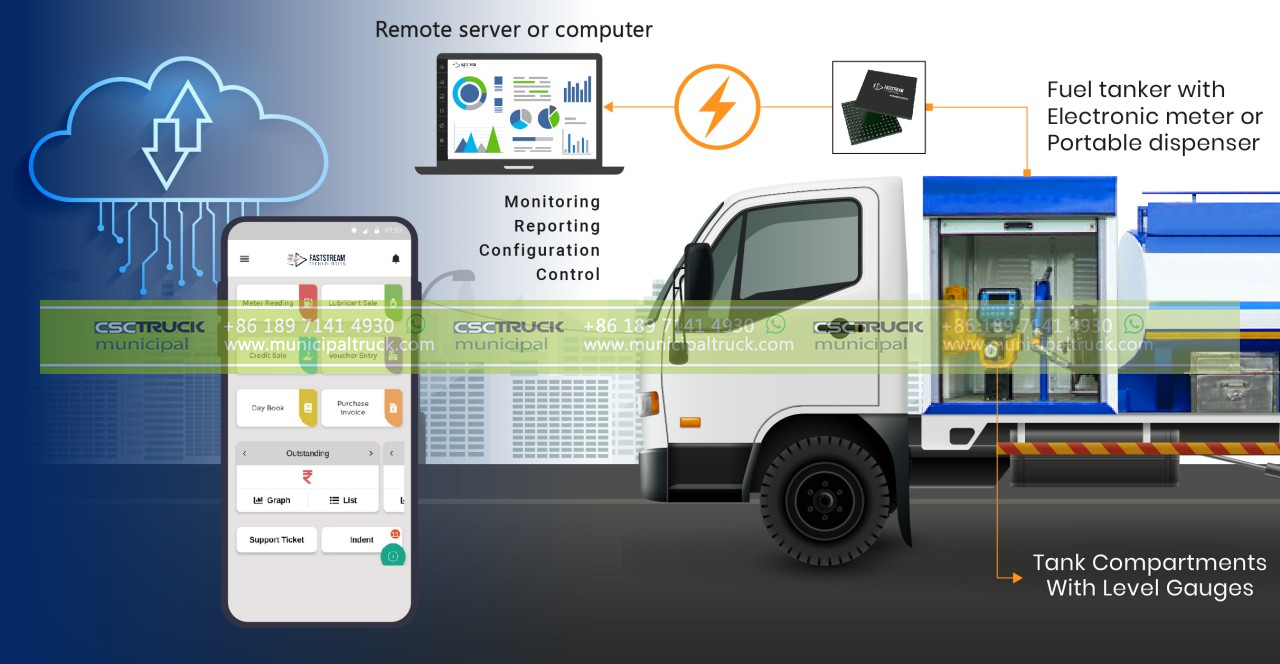
- Enhanced Cleaning Technologies: The future of sweeper trucks holds exciting possibilities in terms of cleaning technologies. Innovations such as advanced brushes, high-pressure water jets, and specialized suction mechanisms are being developed to tackle different types of debris and surfaces. These cutting-edge features ensure more thorough cleaning, removing even the tiniest particles from streets and sidewalks. Moreover, the integration of smart sensors and computer vision technology enables sweeper trucks to detect and target specific areas that require additional cleaning, resulting in more precise and efficient operations.
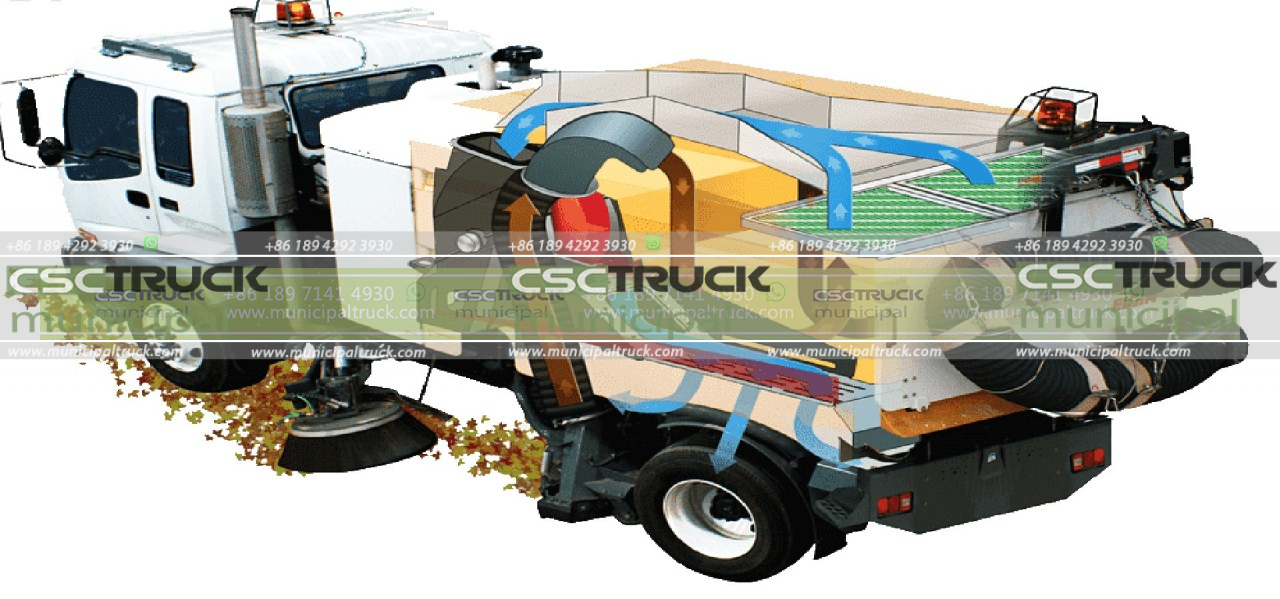
- Multi-Purpose Functionality: In addition to their primary function of street cleaning, sweeper trucks of the future are expected to serve multiple purposes. The concept of modular attachments allows these vehicles to be transformed into snowplows, leaf collectors, or even mobile waste sorting units. This versatility maximizes the utilization of sweeper trucks throughout the year, making them a cost-effective investment for municipalities and cleaning service providers. By embracing multi-purpose functionality, sweeper trucks can contribute to the overall cleanliness and maintenance of urban areas.
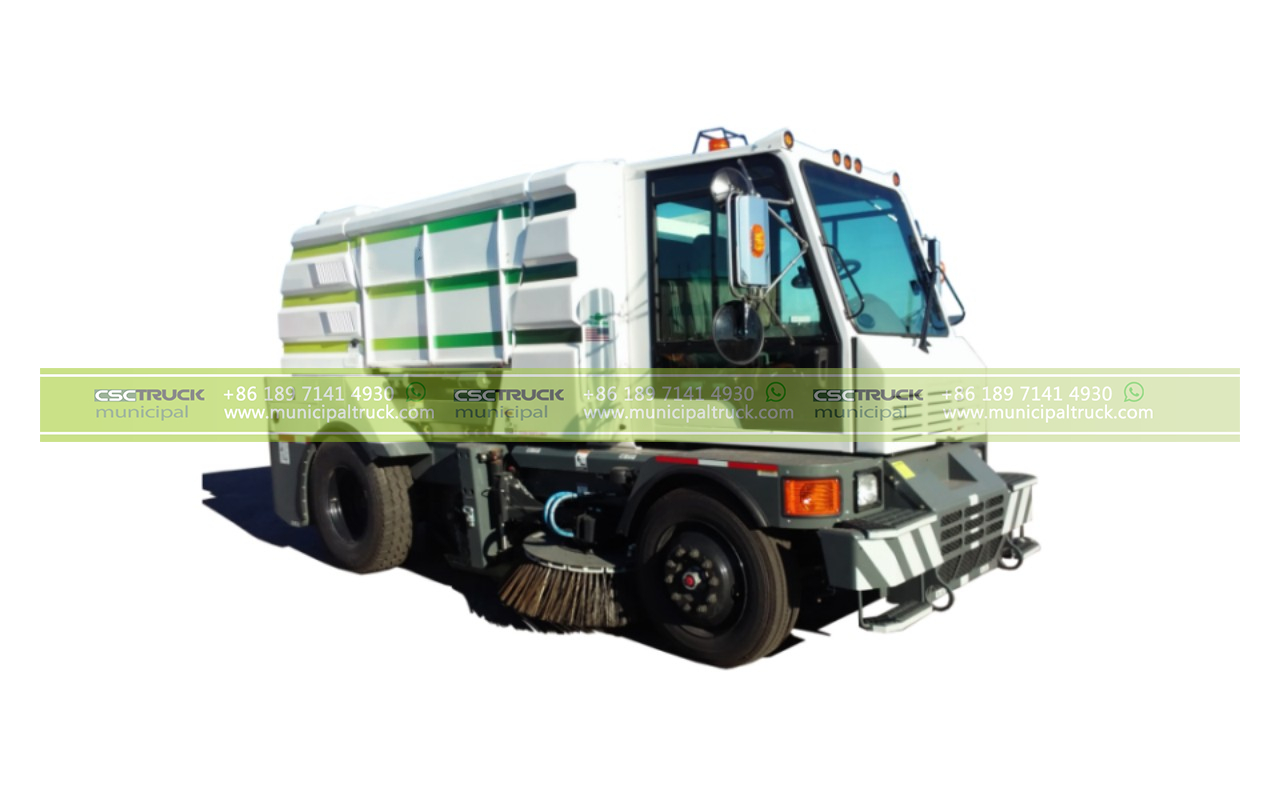
- Integration with Smart City Infrastructure: As cities continue to embrace the concept of smart cities, sweeper trucks will play a vital role in this transformation. Integration with smart city infrastructure enables real-time monitoring of cleanliness levels, optimized scheduling based on demand, and seamless coordination with other urban services. For instance, sweeper trucks can receive information about crowded areas or events, allowing them to prioritize cleaning in those locations. By leveraging the power of connectivity and data exchange, sweeper trucks become an integral part of the smart city ecosystem, ensuring cleaner and more livable urban environments.

- Eco-Friendly Waste Management: Sweeper trucks of the future will not only focus on cleaning the streets but also on sustainable waste management. Advanced technologies will enable these vehicles to sort, separate, and recycle the collected waste materials. With integrated waste sorting systems, sweeper trucks can contribute to reducing landfill waste and promoting a circular economy. Additionally, the use of renewable and biodegradable materials in the construction of sweeper truck components will further enhance their eco-friendly credentials.
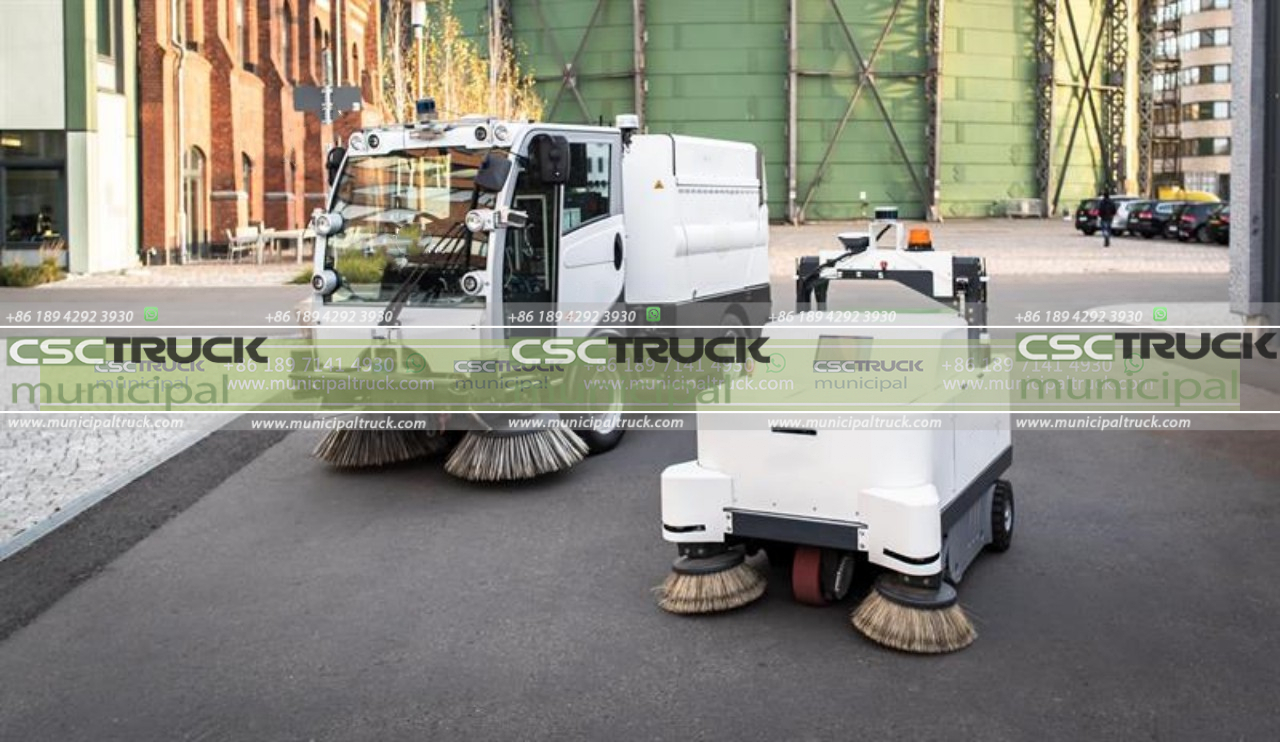
- Collaborative Approaches: The future of sweeper trucks lies in collaborative approaches to cleaning. Instead of individual trucks operating independently, there will be a network of interconnected sweepers working together to cover larger areas efficiently. These collaborative systems can communicate with each other, share data, and coordinate their movements to ensure comprehensive cleaning coverage. By embracing collaboration, cities can optimize their cleaning efforts and achieve higher levels of cleanliness in a shorter period.
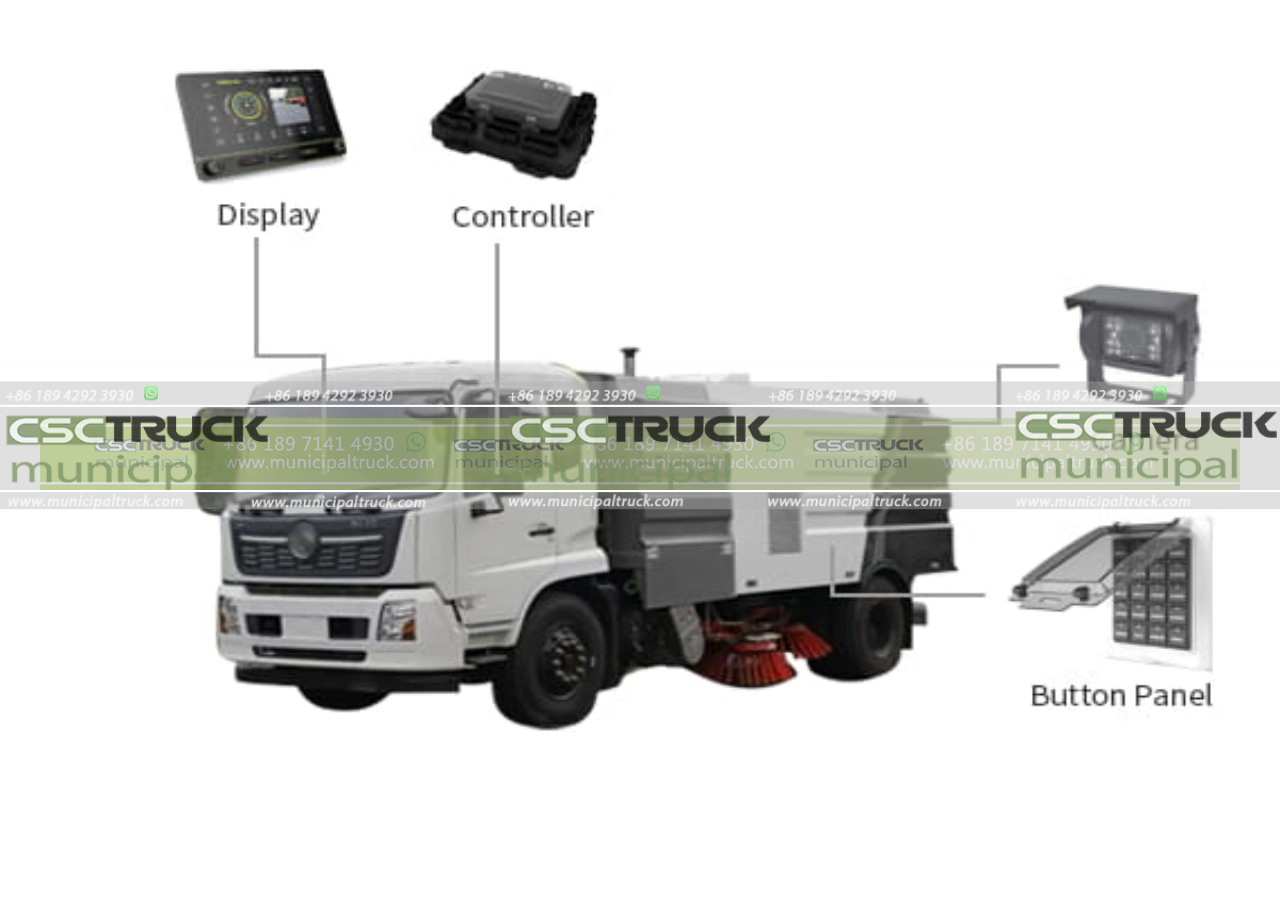
- Training and Workforce Development: As sweeper trucks become more advanced and incorporate sophisticated technologies, there will be a need for skilled operators and technicians to operate and maintain these vehicles. Training programs and workforce development initiatives will play a crucial role in preparing individuals for the future of sweeper truck operations. These programs will focus on imparting technical skills, knowledge of advanced systems, and expertise in data analysis. By investing in training and development, the industry can ensure a competent workforce ready to embrace the evolving landscape of sweeper trucks.

- Public Awareness and Engagement: Lastly, the future of sweeper trucks relies on public awareness and engagement. Educating citizens about the importance of cleanliness, waste management, and the role of sweeper trucks in maintaining a healthy environment is vital. Community involvement and cooperation can help maximize the effectiveness of sweeper truck operations. Citizens can participate actively by reporting areas that require cleaning, adhering to waste disposal guidelines, and supporting initiatives that promote cleanliness. Building a sense of collective responsibility will create a positive environment for the future of sweeper trucks to thrive.
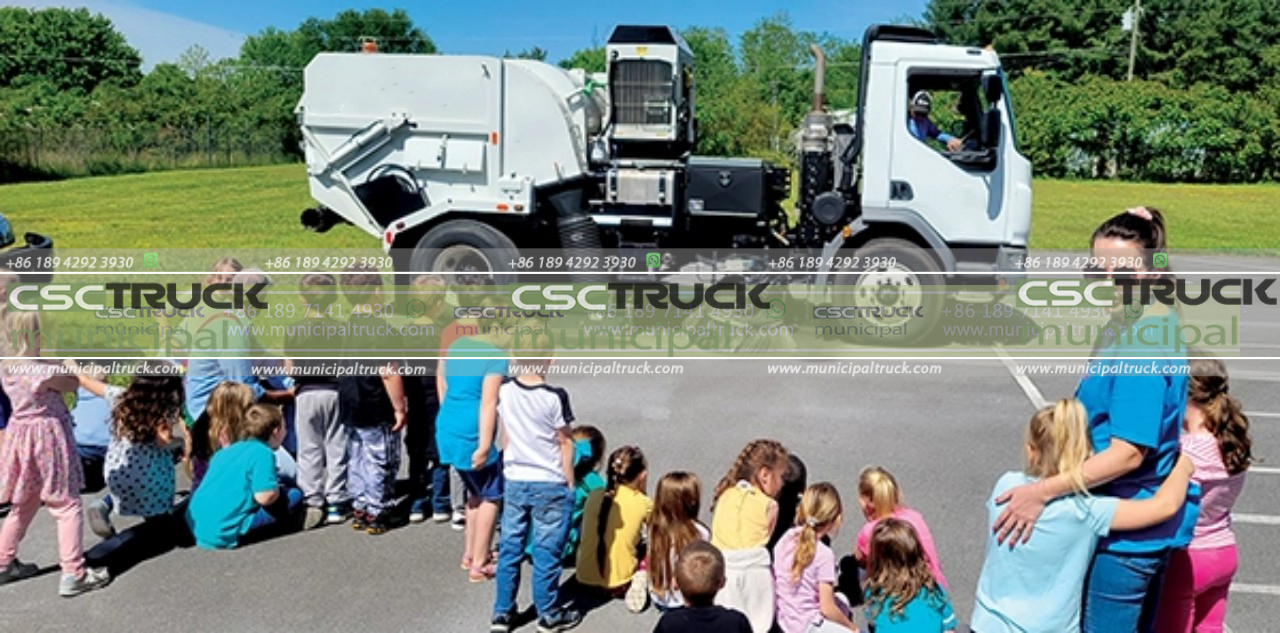
In conclusion, the future of sweeper trucks is bright and promising. With the advent of electric vehicles, autonomous capabilities, data-driven efficiency, enhanced cleaning technologies, multi-purpose functionality, integration with smart city infrastructure, eco-friendly waste management, collaborative approaches, training and workforce development, and public awareness, sweeper trucks are set to transform the way our streets are cleaned. These advancements will not only lead to cleaner and healthier environments but also improve operational efficiency and contribute to sustainable practices. As we embrace these trends and predictions, the future of sweeper trucks holds immense potential in creating cleaner and more livable cities for generations to come.
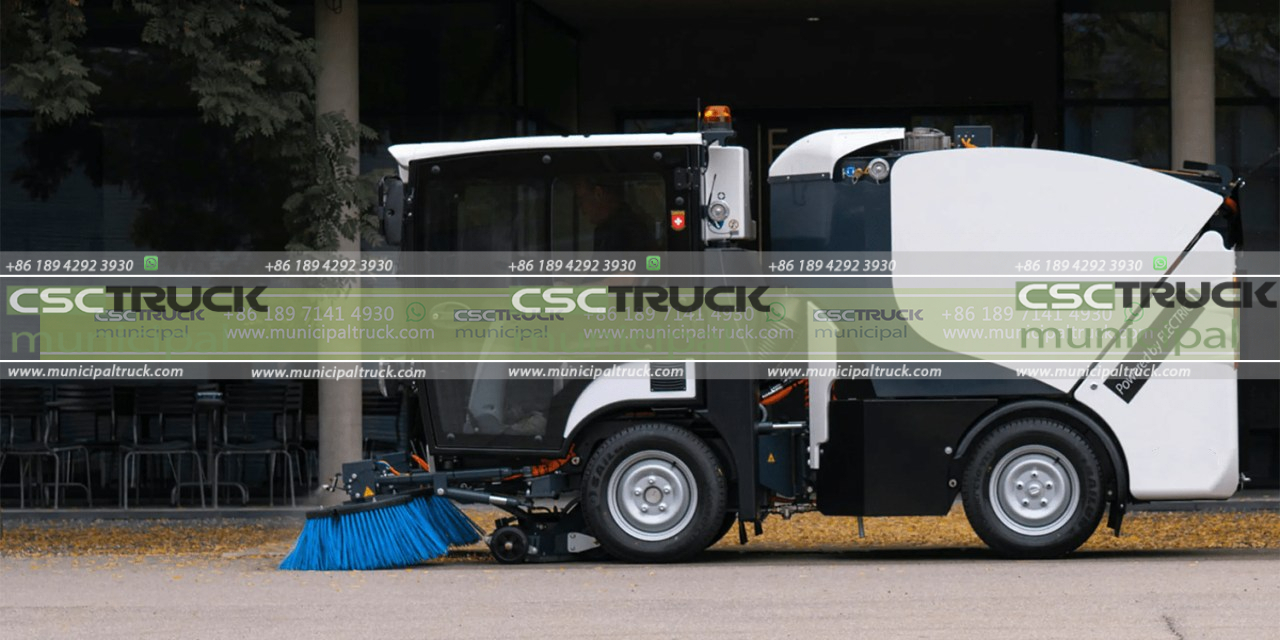
Contact us for this municipal truck or similar trucks: [email protected] Call us or What's APP us: +86 189 4292 3930

